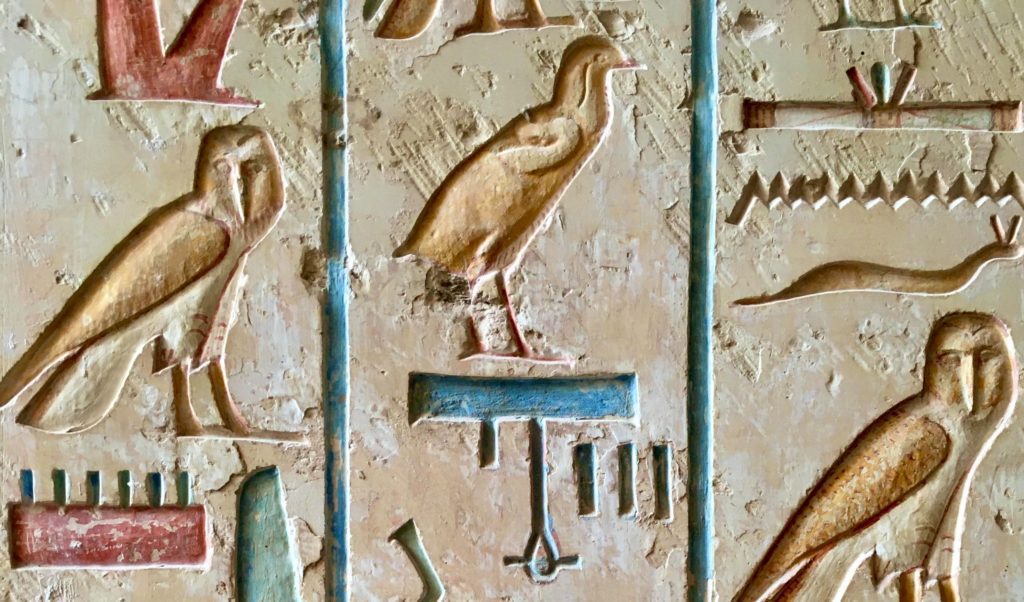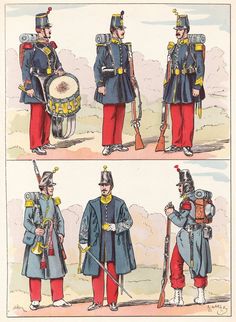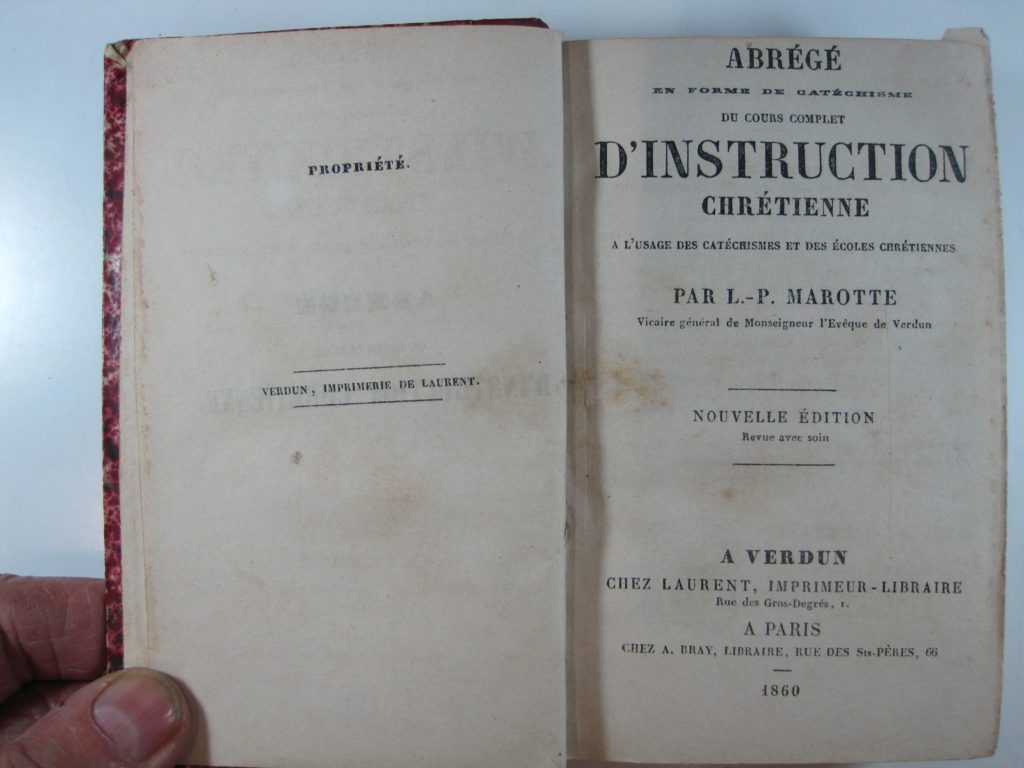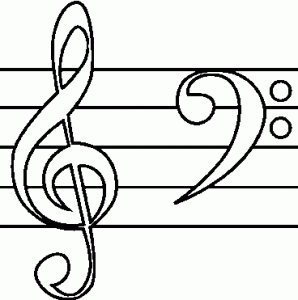Bicorporeity
Is it possible for someone to be in two places at the same time? Of course yes! This phenomenon is called BICORPORITY. This is what this article from the Spiritist Magazine of December 1858 is about.

It is the story of a young man who goes to bed, without leaving home, goes to London where he meets his friends, drinks coffee, plays and then returns home, without remembering anything.
Briefly, this happened:
A correspondent from the interior of France sent a letter saying that, after “by order of the Spirits”, he magnetized his son, he became a very rare medium.
One case, in particular, caught his attention: his son, after reading in a book of Baron Du Potet about the adventure of a doctor from America, whose Spirit went to visit a friend from a great distance, told his guide that he would like to do the same. His guide then told him: Tomorrow is Sunday. You are not required to get up early to work. You'll sleep at eight o'clock and walk around London until eight-thirty. Next Friday you will receive a letter from your friends, reproaching you for having spent so little time with them.
Said the father: Indeed, the next day, in the morning, at the appointed time, he fell into a deep sleep. I woke him up at eight-thirty. He didn't remember anything. For my part, I said nothing to him, waiting for events.
And as promised, a letter arrived in the mail: “the postman came to deliver a letter from London, in which my son's friends reproached him for having spent only a few minutes with them, the previous Sunday, from eight to eight-thirty, with a lot of details that it would be long here to relate, including the singular fact of having breakfast with them”
Having told the above fact, one of the assistants said that History narrates several similar cases. He cited Saint Alphonsus of Liguori, who was canonized before the required time, for having shown himself simultaneously in two different places, which was considered a miracle.

In the first, with a religious aspect, Alfonso left the convent of Ciorani for Pagani and at the same time was seen attending confessions in the Redemptorist church of Ciorani.
On the second occasion of a religious nature, the Saint preached popular missions in Amalfi, Italy. It was in 1756. During the mission, he was seen simultaneously preaching in Amalfi Cathedral and answering confessions in the house where the missionaries were housed.
Antonio Benedetto Maria Tannoia (II, c. 44), his biographer, comments: “An angel, wanting to continue his zeal in welcoming sinners, wanted to replace him in the pulpit”.
On the third occasion, this one of a social nature, the saint was in Naples and at the same time in Pagani, where every Saturday he used to help a former prostitute he had managed to convert. This happened in 1759.
The last occasion is of a political-religious nature. On September 22, 1774, Afonso was in Arienzo, a village in his diocese of Santa Ágata dei Goti, where he would go on those days when it was very cold. At the same time he was seen in Rome, beside the deathbed of Pope Clement XIV, watching him. (This case has been documented by the Catholic Church).
Note: The Church says that “bilocation” is an extraordinary manifestation of the power of God, consisting of the bodily presence of a person, at the same time, in two or more places. Physically, bilocation is impossible for material beings, by the very nature of things.
There are also some reports of bicorpority of Saint Anthony of Padua. His most famous was on the occasion of his father's accusation of murder: Once, while preaching in Padua, the saint felt a strong intuition that his presence was necessary in Lisbon at that very moment. He sat down beside the pulpit and, as he had done once before, covered his head with the capeio, the hood of the Franciscans. He then appeared at the Lisbon Court, where he made a strong defense of his father. To prove his father's innocence, he went with the authorities to the cemetery. To the astonishment of those present, he resuscitated the victim, who acquitted the accused of any responsibility for his death. He then allowed the murdered man to return to his rest. Soon after, far beyond, he regained consciousness and resumed his preaching.

The first time this happened was in Limoges, southern France, in the year 1226. On Holy Thursday, the friar preached in the Church of St. Peter. At the same moment, a few kilometers away, his Franciscan brothers were already singing matins in the convent. As Custos, he was responsible for reading a lesson in the trade to his brothers.
At the very moment when he was supposed to be present at the convent, the friar interrupted his sermon and leaned back in the pulpit, covering his face with his hood. To the surprise of the Friars Minor, the voice of the Portuguese friar rang out among the Franciscans' choir. He sang the lesson and fulfilled his task together with his brothers, to then disappear and wake up from his apparent nap in the Church of São Pedro.
Thus, to begin to clarify the phenomenon, Kardec evoked the aforementioned Saint Alfonso de Liguori. The following questions were asked:
1. ─ Is the fact for which you were canonized real? ─ Yes.
2. ─ Is this phenomenon exceptional?─ No. It can present itself in all dematerialized individuals.
3. ─ Was it just reason to canonize you? ─ Yes, because by my virtue I had raised myself to God. Without it I would not have been able to transport myself to two different places at the same time.
4. ─ Do all the individuals with whom these phenomena occur deserve to be canonized? ─ No, because not everyone is equally virtuous.
Comment: Liguori died in 1787 – quite recent, in terms of spiritist life. At the time of its evocation, it presents thoughts still quite imbued with Catholic ideas. We have just seen, and in OLM Kardec gives other examples, that bi-corporeity does not seem to depend that much on such high virtuosity. It is necessary to be sure if it was really this phenomenon, or if it was just the case of another person, a seer, seeing the Spirit semi-disconnected from the sleeping body.
5. ─ Could you give us an explanation of this phenomenon? ─ Yup. When man, by his virtue, is completely dematerialized; when he has raised his soul to God, he can appear simultaneously in two places, as follows: Feeling sleep, the incarnate Spirit can ask God to transport himself to any place. His Spirit or his soul, whatever you want to call it, then leaves his body, followed by a part of his perispirit and leaves the filthy matter in a state close to death. I say close to death because there is a bond in the body that connects the perispirit and the soul to matter, and this bond cannot be defined. The body then appears in the desired place. I believe that's all you want to know.
Comment: once again, a large number of concepts that have, in the background, Catholic ideas as a determining influence: “To ask God”, “Filthy matter”, “Neighbor to death”. At the same time, it characterizes the veracity of the communication.
Observation: The answer to question 5 characterizes a certain ambiguity in the communication in relation to the answer to question 2, because if bi-corporation can manifest itself in all materialized individuals, not only the virtuous can do it.
6. ─ This does not explain the visibility and tangibility of the perispirit. – Finding itself detached from matter, according to its degree of elevation, the Spirit can make matter tangible.
7. – However, certain tangible apparitions of hands and other parts of the body are evidently due to inferior spirits. - They are superior spirits who make use of inferior ones in order to prove the fact.
Observation: If it is true that superior spirits use inferiors in order to prove the fact, it would explain why inferior spirits cannot materialize in monstrous forms, to frighten the people. would explain the “God would not allow”! more explanations click here on this article
8. Is the sleep of the body essential for the Spirit to appear in other places? – The soul can be divided when it feels transported to a place different from that where its body is.
9. What would happen to a man sunk in a deep sleep, and whose Spirit appeared elsewhere, if he were suddenly awakened? – This would not happen, because if someone had the intention of awakening him, the Spirit would foresee the intention and return to the body, considering that the Spirit reads the mind.
Division is an inaccurate term. Better to say that the soul, that is, the perispirit, can extend to other places, when one has this capacity.
The perispirit, being extended, never leaves the body, except for its death. It is possible to understand that, therefore, the Spirit, being distant, perceives what happens around the body.
After this communication was given to us, several facts of the same kind, whose source is authentic, were told to us, and among them there are very recent, which occurred, so to speak, in our midst, and which presented themselves with the most singular circumstances. The explanations to which they gave rise have singularly widened the field of psychological observations.
In the RE of August 1859 we read the following:
Communications – Mr. Allan Kardec announces that he saw Mr. W… son, from Boulogne-Sur-Mer, who was an issue in the December 1858 magazine, regarding an article on the phenomenon of bicorporeality, and which confirmed the fact of his simultaneous presence in Boulogne and London.
Spiritism, in its turn, comes to give its theory. It relies on experimental psychology; he studies the soul, not only during life, but after death; he watches her in a state of isolation; he sees it acting in freedom, whereas ordinary philosophy sees it only in union with the body, subject to the constraints of matter, for which reason it often confuses cause and effect.
AK, in RE May 1864










